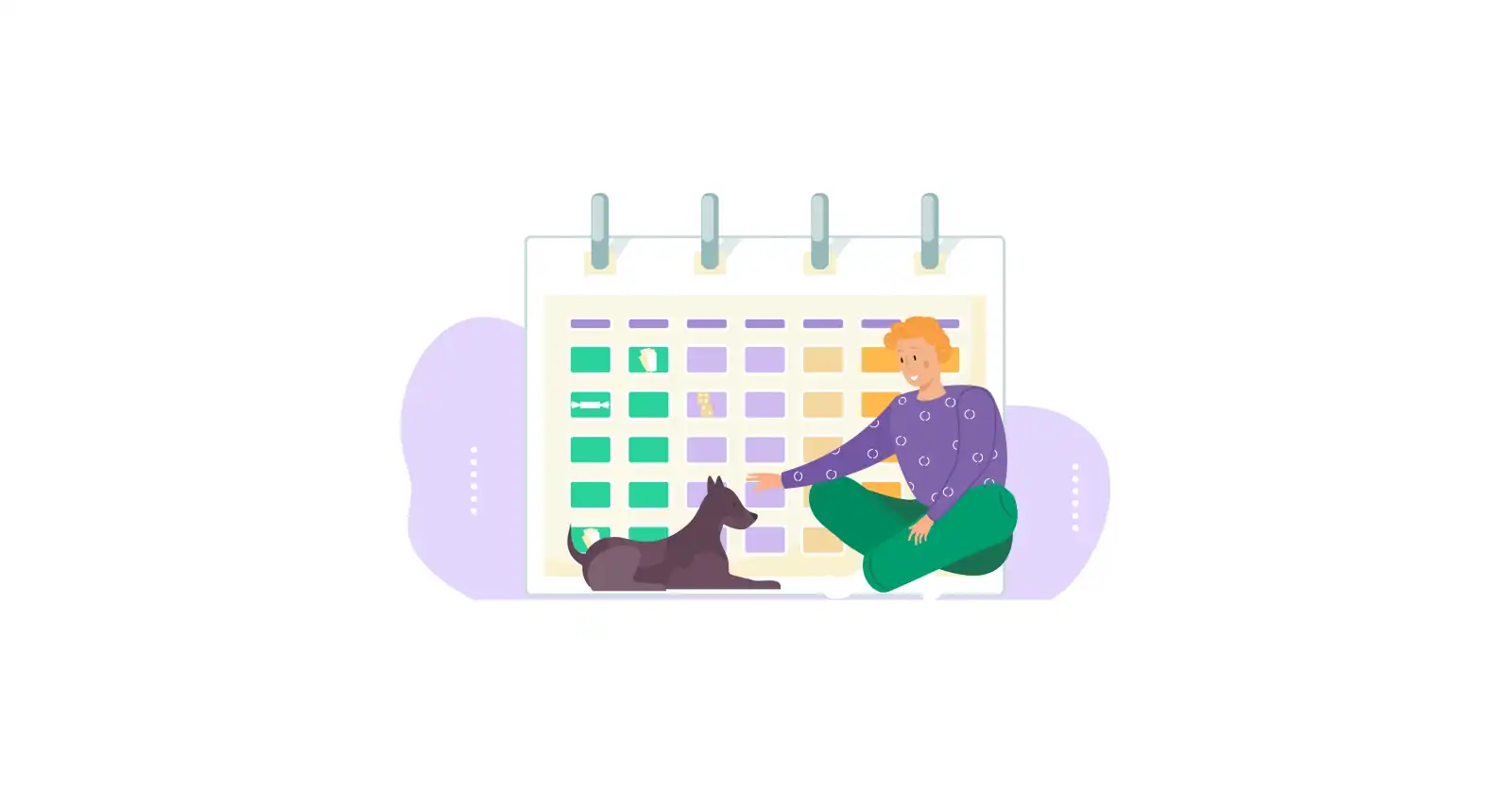A Comprehensive Guide to Supplements for Your Dog's Health

As pet parents, we all want to ensure our furry friends are getting the best possible care and nutrition. While a well-balanced diet is a crucial component of good health, sometimes it may not be enough to meet all of your dog's nutritional needs. That's where supplements come in. There is a wide range of supplements available for dogs, each with its own unique benefits. Some common supplements include omega-3 fatty acids, probiotics, glucosamine, and vitamins and minerals.
Here's a list of supplements that are beneficial for dogs and can be included in their diet. Let's learn, why they are important, and how to incorporate them into your pet's diet.
1. Calcium-Phosphorus:
Calcium has a lot of important functions such as its role in skeletal health, muscle contraction, and nervous transmission. Especially important in the growing stages and lactating mother. The balance between calcium and phosphorus is of prime importance.
Eg: Ostopet, provical pet Tablet
Alternative: Merical tablets
What quantity to include in the diet?
With a home-based diet for growing pups:
- Small: 5 ml a day
- Medium: 10 ml a day
- Large: 20 ml a day
Or as directed by the veterinarian:
- Adults: 10 ml a day
2. Omega Fatty acids:
Extremely helpful to reduce oxidative stress and improve skin health.
Eg: Softcoat (0.5ml/kg/day), Vitabest derm Tablet
Alternative: Drools skin and coat
What quantity to include in the diet?
With a home-based diet for growing pups:
- Small: 5 ml a day
- Medium: 10 ml a day
- Large: 20 ml a day
3. Psyllium husk:
Works as a natural pre-biotic and improves gut health. Helps to reduce anal gland issues.
What quantity to include in the diet?
With a home-based diet for growing pups:
- Small dogs: 1/2 tea spoon
- Medium dogs: 1 tea spoon
- Large dogs: 1.5 tea spoon
4. Spirulina (optional):
Works like an antioxidant, antihistamine and hence helps to alleviate pain and inflammation. Known to improve renal function.
What quantity to include in the diet?
With a home-based diet for growing pups - Once or twice a week:
- Small dogs: 1/2 tea spoon
- Medium dogs: 1 tea spoon
- Large dogs: 1.5 tea spoon
5. Hemp oil (Optional):
Very useful in geriatric patients to reduce chronic pain due to conditions like Osteoarthritis hence improving mobility. Great source of omega fatty acids. Also known to help reduce anxiety. Dose to be decided based on the concentration of the product and the requirements of the individual.
6. Fruits & Vegetables:
3-4 grams per kg of weight.
Ex: For a pet of 10kgs, recommended quatity is 30-40 grams daily.
7. Curd (~4tsp per day):
Curd can be given to individuals who are not showing any signs of intolerance / sensitivity.